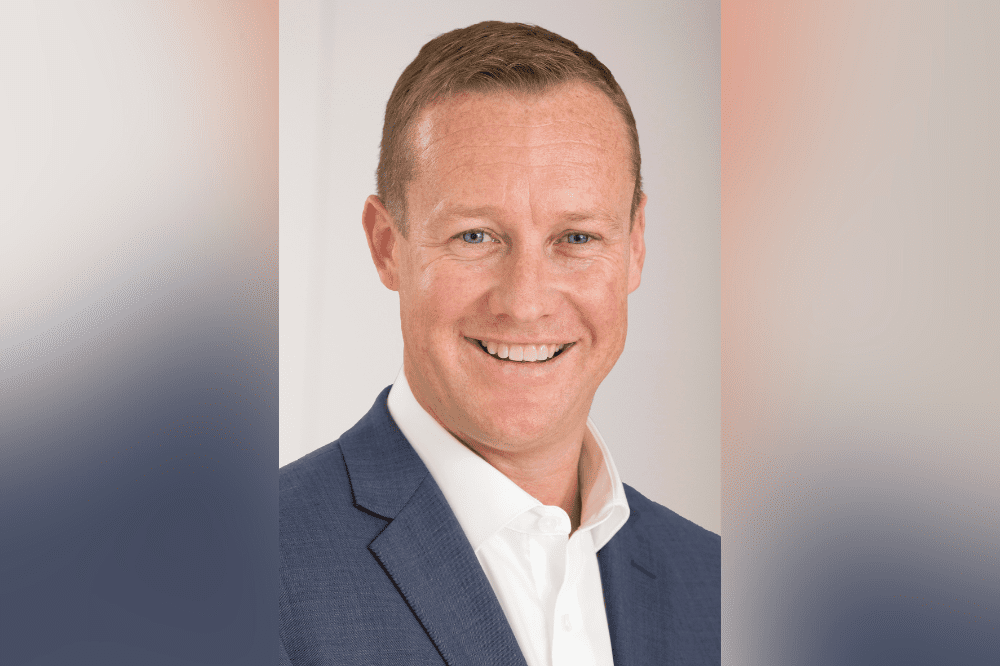Southern Cross Health Society Group unveils financial results

This year’s surplus was described as higher than expected and was attributed to a “much lower” volume of health insurance claims incurred over the period due to the effects of COVID-19 including reduced access to treatments during lockdowns.
Meanwhile, the Society alone (or excluding subsidiaries of the group) paid three million claims valued at $1.08 billion. FY22 premiums amounted to $1.35 billion. Over the past five years, the health insurer has returned $5.03 billion in claims, out of $5.82 billion received in premiums.
The Society, which makes up 62% of the health insurance market, also enjoyed its highest membership in three decades following seven consecutive years of growth. Adding 20,394 net new members in FY22, the Society’s membership now totals 908,176.
“COVID-19 has certainly cast a light on how New Zealanders value and access healthcare,” said chief executive Nick Astwick (pictured). “We’re seeing a rise in the number of people who see health insurance as a very important part of their wraparound health support.
“It’s also very pleasing to see more business customers investing in health insurance for their people this year. Employees consistently rate health insurance as one of the most highly valued workplace benefits, in an increasingly tight labour market.”
The CEO, meanwhile, revealed that a large portion of their surplus will be applied toward keeping premium hikes as low as possible.
“We’re expecting to see much higher claims costs and volume next year, as those who delayed seeking treatment will now seek access to healthcare,” noted Astwick, whose camp will endeavour to avoid significant premium volatility for members. “This, combined with a challenging high inflation environment, would usually indicate a need to adjust premiums upwards at a sharper rate.”
He added: “As a not-for-profit friendly society, without overseas shareholders or investors to return dividends to, we can focus on maximising funding healthcare costs and delivering on our purpose of empowering members to live well for longer.”





